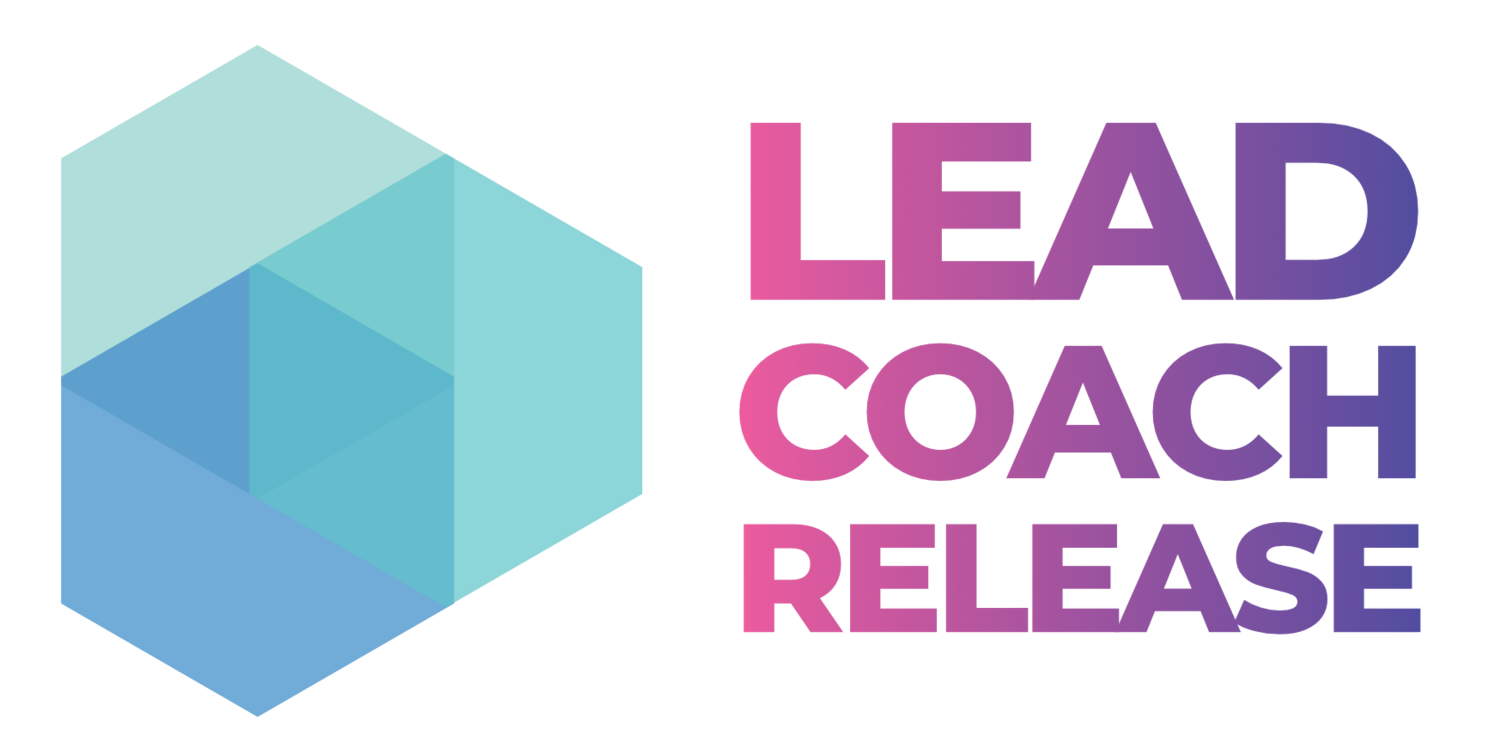Gen Z: What’s Unique?
The poster-child of early 21st-century culture discussion has finally been replaced.
Gone are the associations with smashed-avo on toast.
Bean bags in the office.
The cliche of work-life balance.
While many leaders still consider anyone under the age of 25 to be Millennial, they are in fact, Gen Z.
So what’s different? What’s changed?
Have the stereotypes of yesteryear simply been replaced by flashier, modernised stereotypes?
Or is there more going on?
Gen-Z as a cohort is usually defined as those born after 1995 (and occasionally as those born after 2000).
Gen Z is in their teens, late-teens, and 20’s. They’re the new recruits. The graduate cohort.
Gen Z is the backbone of many service industries and entry-level jobs.
The barista at your coffee shop is probably from Gen Z.
Here’s what makes Gen Z unique.
Gen Z wants to Engage a Cause.
It’s not enough to care about global warming and climate change. There has to be a cause - something to participate in, to join, to advocate for (ideally with great high-res Instagram collateral to match).
I recently saw a newspaper talking about a 17-year-old with anxiety while out shopping because of how much plastic she sees in supermarket aisles. She has a deep desire to be conscious of her environmental impact.
A desire so deep it’s causing anxiety.
Remember Greta Thunberg, the young Swedish environmental activist. In 2019, at the age of 16, she sailed across the Atlantic to raise awareness for climate change.
Greta famously called out the generations before her (Millennials, Gen-X, Boomers) by crying out at the UN “You have stolen my childhood!”
Engaging with Gen Z means engaging in causes. It means tying investing and business sustainability together to change the world. It means entrepreneurship that transcends financial gain and builds a better world.
What are you doing to engage causes with your team?
2. Gen Z believes dialogue will solve any problem.
Gen Z considers dialogue to be the ultimate answer. If there is enough talk change will come. Solutions will be found.
There is a huge challenge within the dialogue though: Much of the dialogue is online.
Not just online, but faceless and anonymous.
It’s easy to sling “dialogue” at someone across the country or around the corner when you don’t actually know the person on the receiving end.
There is, therefore, a deep need to draw people into a face-to-face conversation, and genuine human connection.
Let me encourage you if you’re leading Gen Z teams: Build intentional face to face time into your team rhythms. Even if you’re facing restrictions from COVID-19 impacts - get people to see other people face to face.
Pull real discussions away from email or Slack or Messenger. Even get away from a phone call if it’s a really important conversation.
Look at people in the eyes. See their body language (which accounts for about 70% of our communication). Hear their tone of voice. Connect.
3. Gen Z values pragmatism and analysis.
Gen Z is looking for pragmatism. A genuine and real display of life and love and everything in between.
Look at the rise of Tik Tok and Snapchat amongst Gen Z. Platforms built on the expectation of short clips (and an assumption of those clips being hard to fake/edit/alter) showing ‘real life’ situations of the people posting.
After all, no one has ever pre-planned their social media content…
The desire of Gen Z to have a pragmatic reality builds on the Millennial value of Open Communication: Gen Z wants the real facts in real-time.
4. Gen Z is on the search for truth.
Gen Z is looking for truth. Truth about the world. Truth about family. Truth about society.
Truth about the economy: Look at the current news around GameStop and Wall Street hedge funds - it’s the desire to know who knows what. Who is in charge? Who can we trust?
Gen Z - in a manner not dissimilar from previous generations - is on a journey of finding true meaning and true purpose in life.
As leaders, how can we help our employees or teams separate truth from fiction, reality from post-production-effect, the authentic from the counterfeit?
Every generation is Human.
Human. Two legs. Two arms. A high-functioning brain capable of building rockets to reach the moon.
So while there are distinctions, focus on the humans you work with.
Humans who want to engage in a cause.
Humans who need good dialogue.
Humans who want pragmatic solutions.
Humans who want the truth.
If we take a step back, it sounds like maybe Gen Z isn’t too far from all of us…


